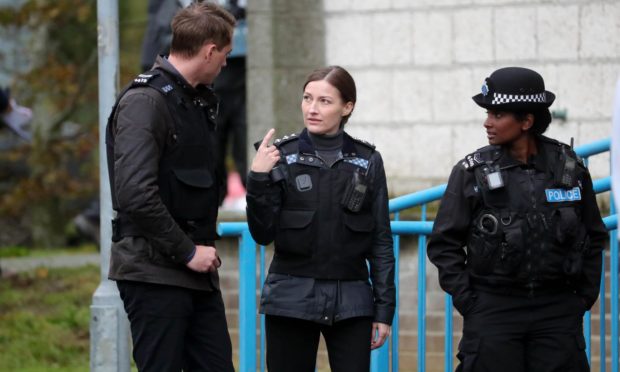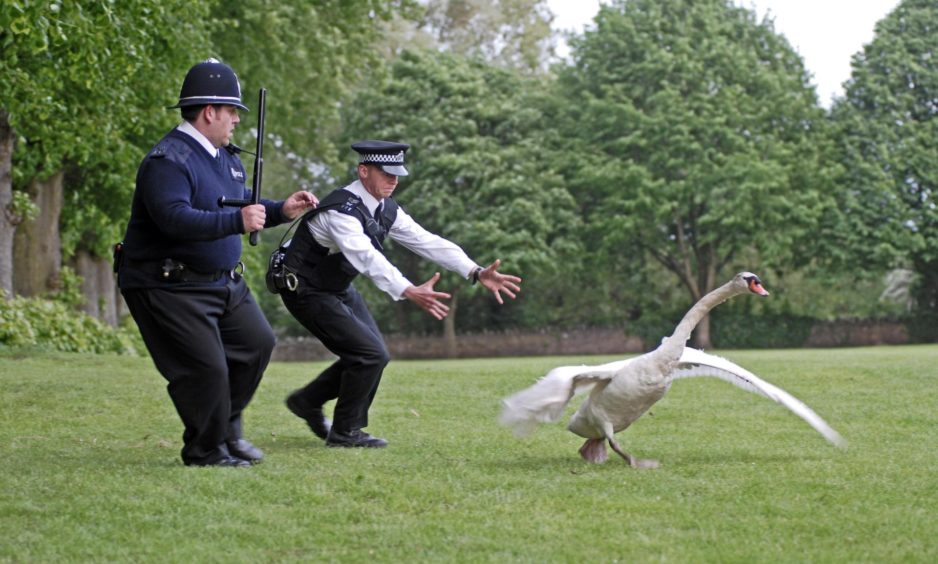The huge success of TV show Line of Duty has brought the interest in police procedurals to fever pitch.
And for anyone with police connections, the questions are always the same. How true to life are these programmes? Is everyone corrupt? Do you always speak in jargon? So frenetic is the interest that I was recently invited onto the BBC to interpret the acronyms.
Line of Duty is great television. It has a superb cast and script, cliffhangers at the end of every episode and storylines borrowed from real life. The present series closely follows Jill Dando’s murder case, with passing references to the Stephen Lawrence case.
The line between fact and fiction can become blurred and that’s a worry, lest history starts to be rewritten.
Of course, Line of Duty is nothing like real policing – thank goodness. Who would want to work in this fictitious force? All around you seem to be corrupt and you stand a very good chance of being shot. Recruiting would be a problem.
And, yes, police do use numerous acronyms, more so since most operational messages are now passed to the radios carried by officers in the form of text. But no one speaks like that. Clear communications are essential – speaking like a machine gun in shorthand would not work .
Solving crime is about working together – and having a sense of humour
But the main thing missing in Line of Duty and other police procedurals is humour. The benighted staff of AC-12 struggle from episode to episode, po-faced and burdened by their personal demons, as well as a job where they can trust no one and may well ultimately land in the mortuary.
All so very far from the truth. There are hardly any circumstances in police work where some humour does not help. In the hardest of cases you need it most, to raise morale and keep the team together. Solving serious crime is all about working together, not individuals – especially not secretive plotters. It would be disastrous to the investigation.
Like many of my colleagues, I cannot fathom the public fixation with violent people and particularly serial killers
I had a long police service, during which I had the privilege of being involved in a number of high profile investigations. I often think of the victims of some of the murders I helped investigate – the waste of life, the heartbreak for families. But I never give a passing thought to the perpetrators.
The murderers and serious criminals I have met have usually been nonentities. Like many of my colleagues, I cannot fathom the public fixation with violent people and particularly serial killers. If they ever met one of them I doubt they would be so interested.
Fewer acronyms, more swans
My memories are of some of the fine people I worked with and the hilarious things that happened along the way. Like the solemn instruction I received about catching swans. Yes, swans.
The beat I worked as a young man had a river running through it and swans sometimes botched their take off or landing, crashing into the roadway. My elderly tutor Constable carefully instructed me on how to throw a police raincoat over the bird’s body then, while holding its neck, wrap it in the coat and carry it underarm to safe waters.
But the real trick was to always use someone else’s coat. Swans are ungrateful creatures and had the nasty habit of pooping over their rescuers. It was both a lesson and a metaphor for life.
I enjoy Line of Duty but I hope that the next big police procedural TV show will be closer to the truth and funnier. And I hope at least one episode will feature swan catching. I stand ready as a consultant.
Tom Wood is a writer and former Deputy Chief Constable. His publications include The World’s End Murders: The Final Verdict and Ruxton: The First Modern Murder


